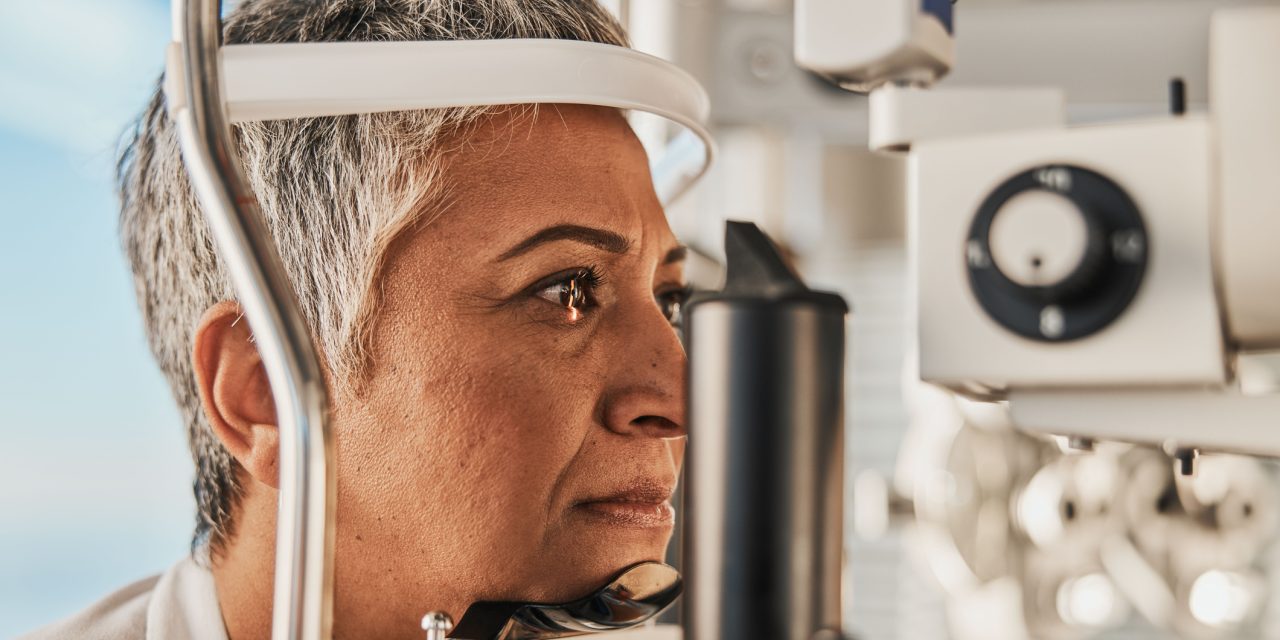Drug induced cicatrizing conjunctivitis (DICC) is defined as a disease in which conjunctival cicatrization develops as a response to the chronic use of inciting topical and, rarely, systemic medications. DICC accounts for up to one third of cases of pseudopemphigoid, a large group of cicatrizing conjunctival diseases sharing similar clinical features to those of mucous membrane pemphigoid (MMP) but generally without the morbidity of progressive scarring or the need for systemic immunosuppression. The preservatives in topical anti-glaucoma medications (AGM) are the most frequently implicated inciting causes of DICC although topical antivirals, vasoconstrictors and mydriatics and some systemic drugs have been implicated.The literature review summarizes the classification, epidemiology, etiopathogenesis, histopathology, clinical presentation, diagnosis, management, and treatment outcomes of DICC in the context of a case series of 23 patients (42 eyes) with AGM induced DICC, from India and the UK. In this series all subjects reacted to preserved AGM with one exception, who also reacted to non-preserved AGM. At diagnosis >70% of eyes showed punctal scarring, inflammation, and forniceal shortening. Pemphigoid studies were negative in the 19/23 patients in whom they were carried out.DICC can be classified as non-progressive, progressive with positive pemphigoid immunopathology or progressive with negative pemphigoid immunopathology. It is unclear whether progressive DICC is a stand-alone disease, or concurrent (or drug induced) ocular MMP. Progressive cases should currently be treated as ocular MMP.The diagnosis can be made clinically when there is rapid resolution of symptoms and inflammation, usually within 1-16 weeks, after withdrawal of suspected inciting medications, ideally by temporary substitution of oral carbonic anhydrase inhibitors. If the response to withdrawal is uncertain, or the progression of inflammation and scarring continues then patients must be evaluated to exclude concurrent (or drug induced) MMP, and other potential causes of CC, for which the treatment and prognosis is different.Management, in addition to withdrawing inciting medications, may require short-term treatment of conjunctival inflammation with steroids, treatment of associated corneal disease with contact lenses or surface reconstructive surgery, control of intra-ocular pressure with non-preserved AGM and, in some, surgery for glaucoma or for trichiasis and entropion.Copyright © 2022. Published by Elsevier Inc.
Drug induced cicatrizing conjunctivitis: A case series with review of etiopathogenesis, diagnosis and management.


